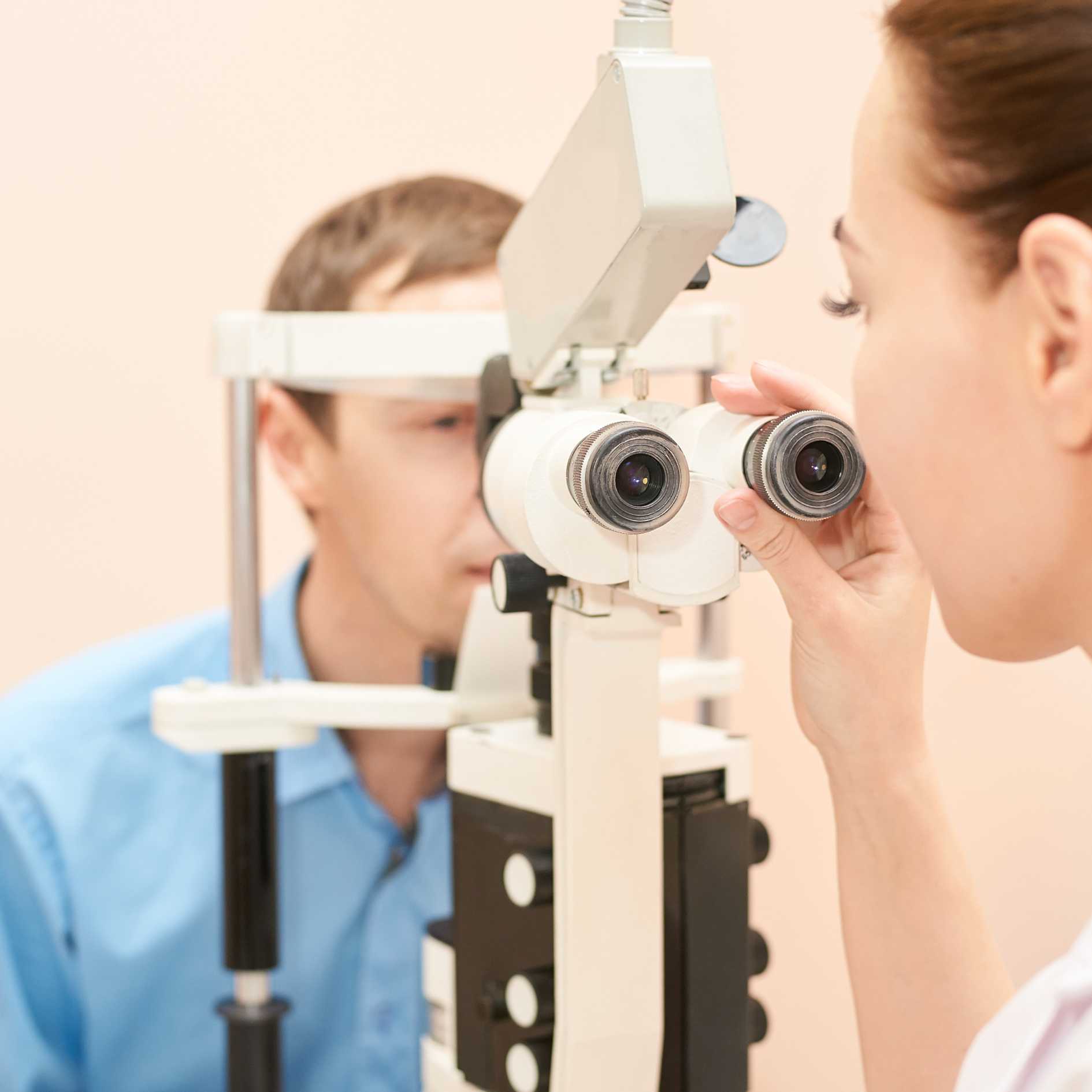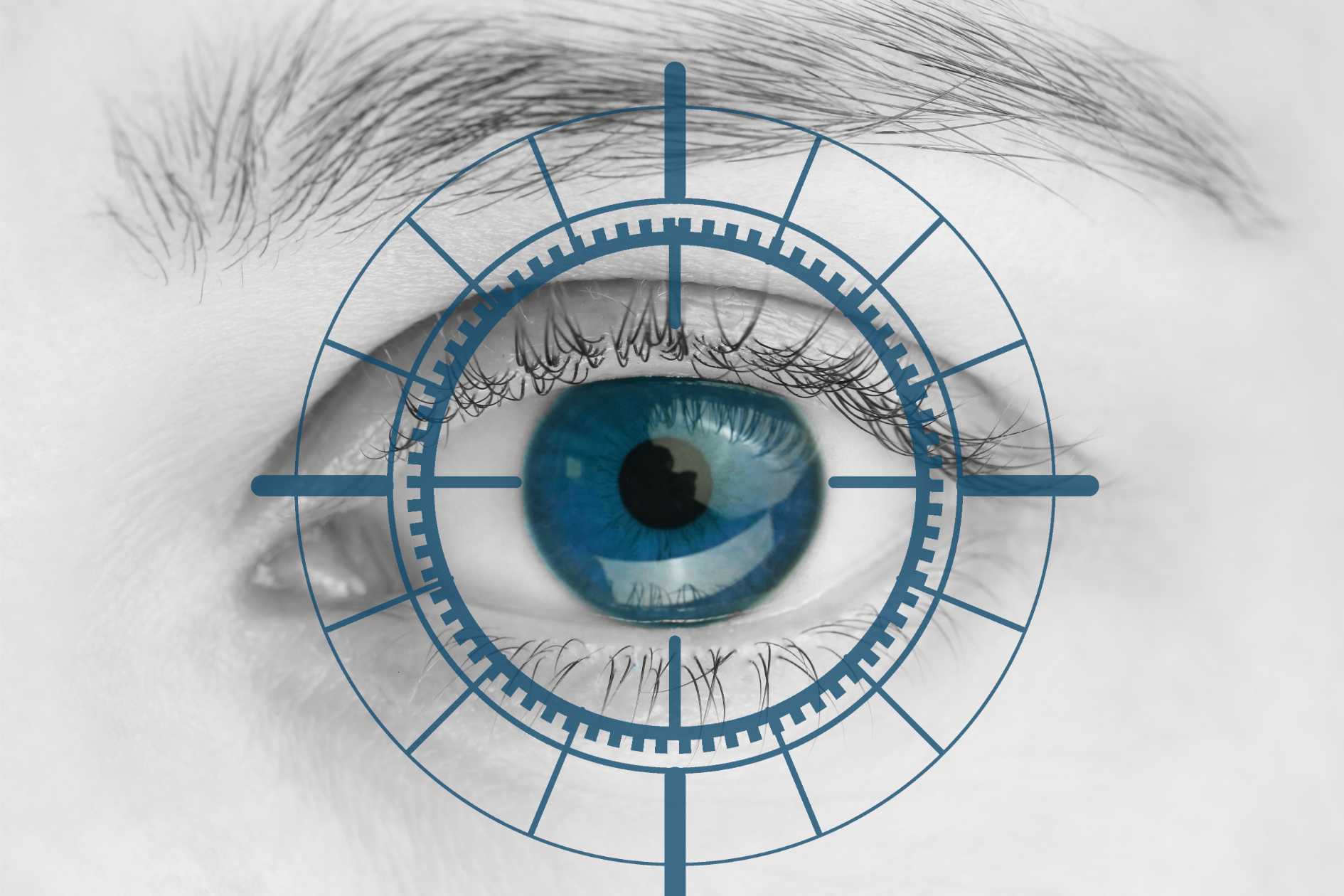Welcome to Cynergi Health:
Your Destination for Advanced Eye Care Solutions
At Cynergi Health, we are dedicated to preserving and enhancing your precious gift of sight. With our state-of-the-art facilities and a team of experienced specialists, we offer comprehensive eye care services tailored to meet your individual needs.

About Us

Your Premier Destination for Advanced Eye Care
Our Commitment to Excellence:
Driven by a passion for innovation and a commitment to excellence, Personal Eyes recommend Cynergi Health as dedicated to providing comprehensive eye care solutions of the highest caliber. With a focus on advanced technology, patient-centric care, and continuous education, we strive to exceed expectations and set new standards in the industry.
Our Services
Discover Our Comprehensive Eye Care Services at Cynergi Health

Laser Eye Surgery
Experience the freedom of clear vision without the need for glasses or contacts with our laser eye surgery options. From LASIK to PRK, our expert surgeons employ precise laser technology to correct refractive errors such as nearsightedness, farsightedness, and astigmatism, providing you with lasting visual freedom.

Glaucoma Diagnosis and Management
Trust in our experienced glaucoma specialists to diagnose and effectively manage this sight-threatening condition. Using advanced diagnostic tools and personalized treatment plans, we work to preserve your vision and prevent further damage caused by glaucoma.

Retinal Disease Treatment
Combat retinal diseases such as diabetic retinopathy, macular degeneration, and retinal detachment with our comprehensive treatment options. Our retinal specialists utilize cutting-edge therapies, including injections, laser procedures, and surgical interventions, to preserve your vision and prevent further deterioration.

Why People Trust Us
At Cynergi Health, we understand the importance of trust in the patient-provider relationship. That’s why we work tirelessly to earn and maintain the trust of our patients through expertise, advanced technology, compassionate care, comprehensive services, patient-centered approach, positive reputation, and a commitment to excellence in all aspects of eye care.
Expertise
Our team of highly skilled ophthalmologists, optometrists, and specialists bring years of experience and expertise to every aspect of eye care. Patients trust in our extensive knowledge and training to deliver exceptional results and personalized treatment plans.
Advanced Technology
Cynergi Health is equipped with state-of-the-art technology and diagnostic equipment, allowing us to provide the most accurate assessments and innovative treatments available.
Compassionate Care
We understand that visiting the eye doctor can be intimidating, which is why we prioritize compassion, empathy, and clear communication in every interaction. Patients appreciate our caring approach and feel confident that their concerns are heard and addressed with sensitivity.
Comprehensive Services
From routine eye exams to complex surgical procedures, Cynergi Health offers a comprehensive range of services to meet all of our patients' eye care needs. Whether it's preventive care, treatment for a specific condition, or emergency services, patients trust in our ability to deliver exceptional care across the board.
Our Blogs
Finding the Best Cataract Surgery Sydney: Tips and Recommendations
What to Expect During Cataract Eye Surgery: A Patient’s Experience
The Complete Guide to Cataract Eye Surgery: What Sydney Patients Need to Know
Laser Retinal Treatments: Targeted Solutions for Retinal Diseases
Advancements in Retinal Treatments: New Hope for Vision Restoration
Understanding Retinal Disorders: Treatment Options Available
What People Say About Us
These testimonials reflect the genuine experiences of our patients at Cynergi Health. We are honored to have had the opportunity to make a positive impact on their lives and are committed to continuing to provide exceptional care to all who trust us with their eye health.

Ethan Shaw
“I cannot thank Cynergi Health enough for the outstanding care they provided during my cataract surgery. Dr. Reynolds and her team made me feel completely at ease throughout the entire process. Now, my vision is clearer than ever, and I couldn’t be happier!”
Our Expert Team
Our team at Cynergi Health is united by a shared commitment to excellence, compassion, and innovation. With their collective expertise and dedication to patient care, they strive to deliver the highest standard of eye care services, empowering individuals to preserve and enhance their vision for years to come.

Dr. Sophia Reynolds, MD
Cataract and Laser Eye Surgery Specialist

Dr. Michael Chen, MD, PhD
Glaucoma Specialist

Dr. Emily Nguyen, MD
Retinal Disease Specialist
Get One Step Ahead Of Disease
Thank you for your interest in Cynergi Health. We look forward to assisting you with your eye care needs and answering any questions you may have. Please feel free to reach out to us using the contact information provided below:
Subsribe To Our Newsletter
Stay in touch with us to get latest news and special offers.




